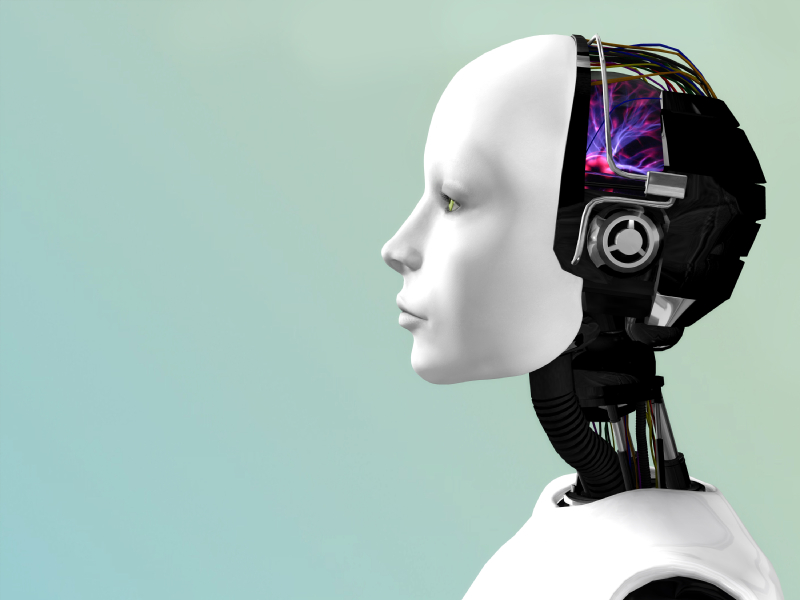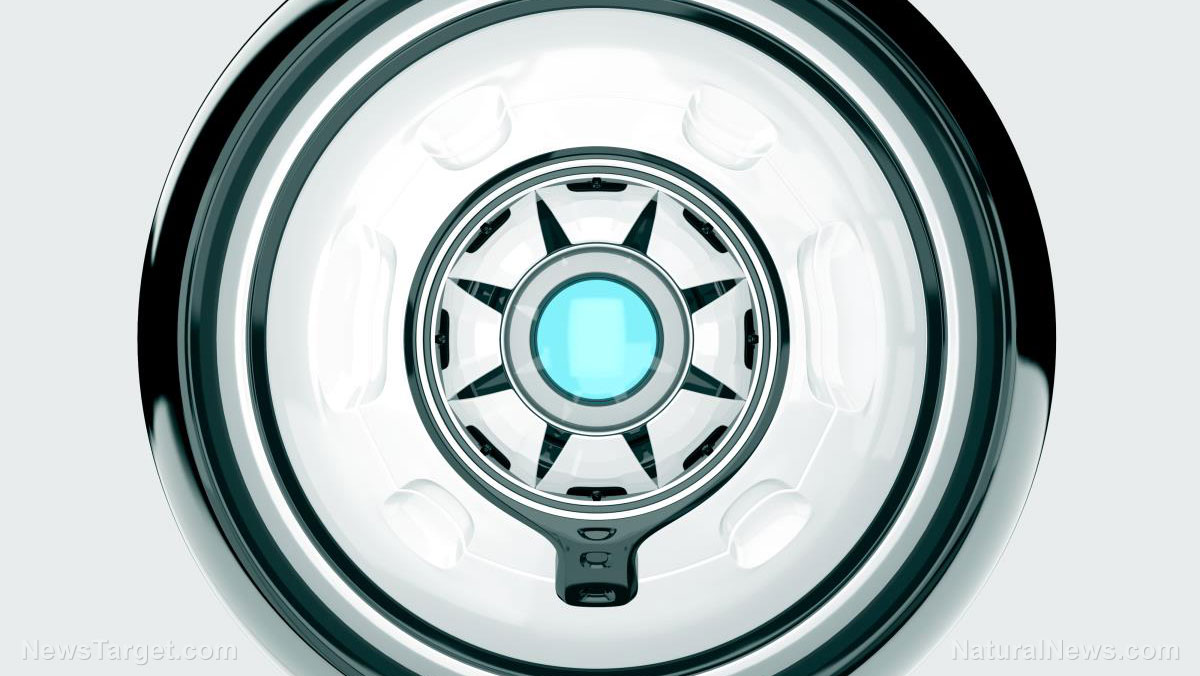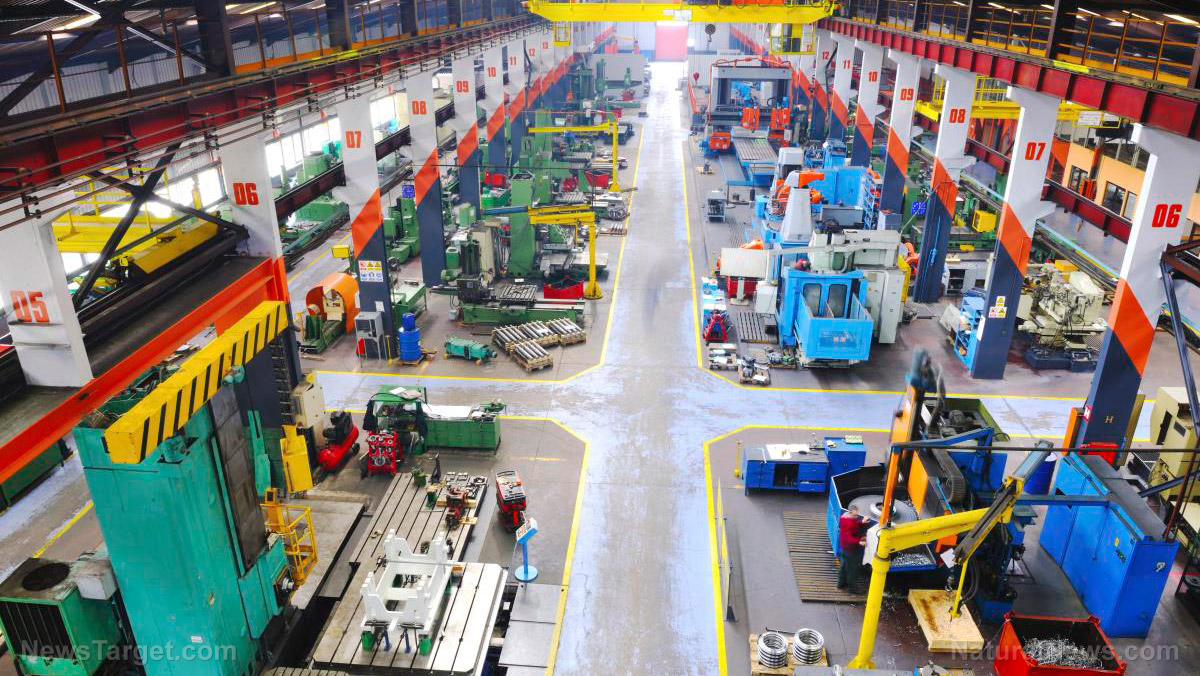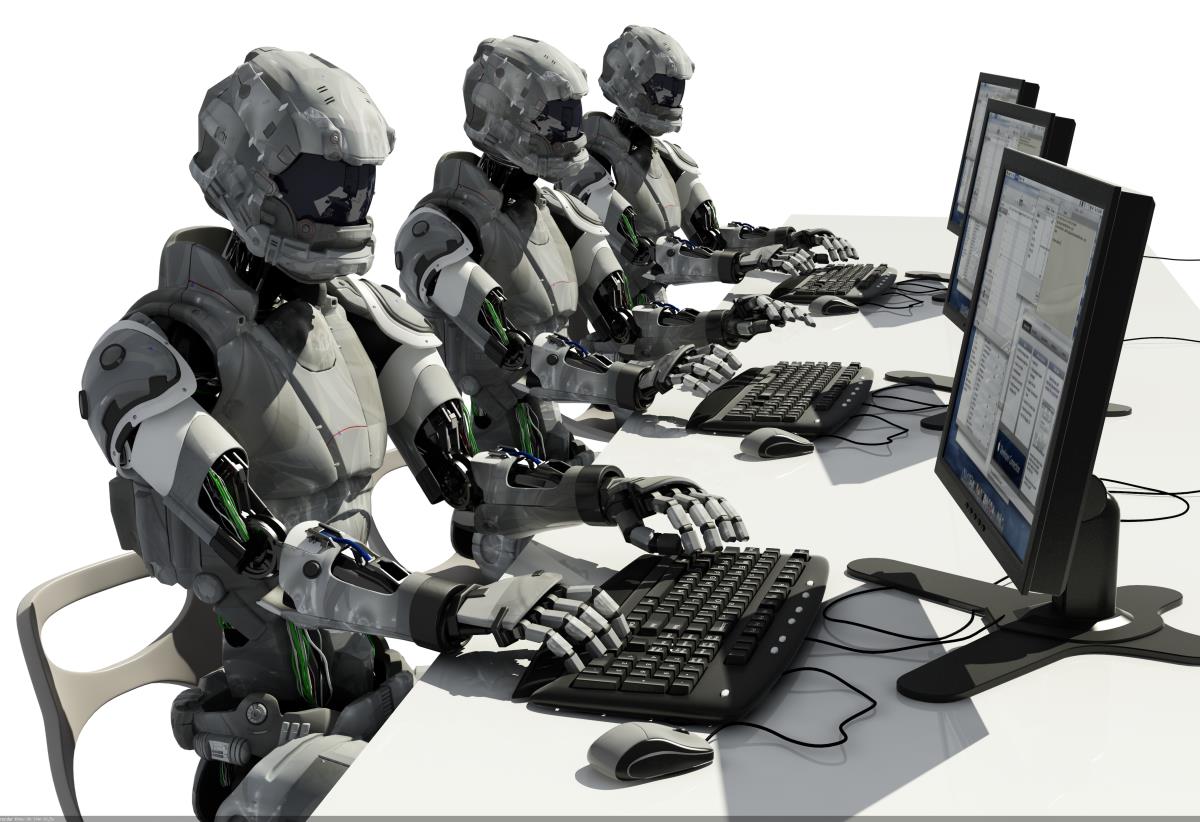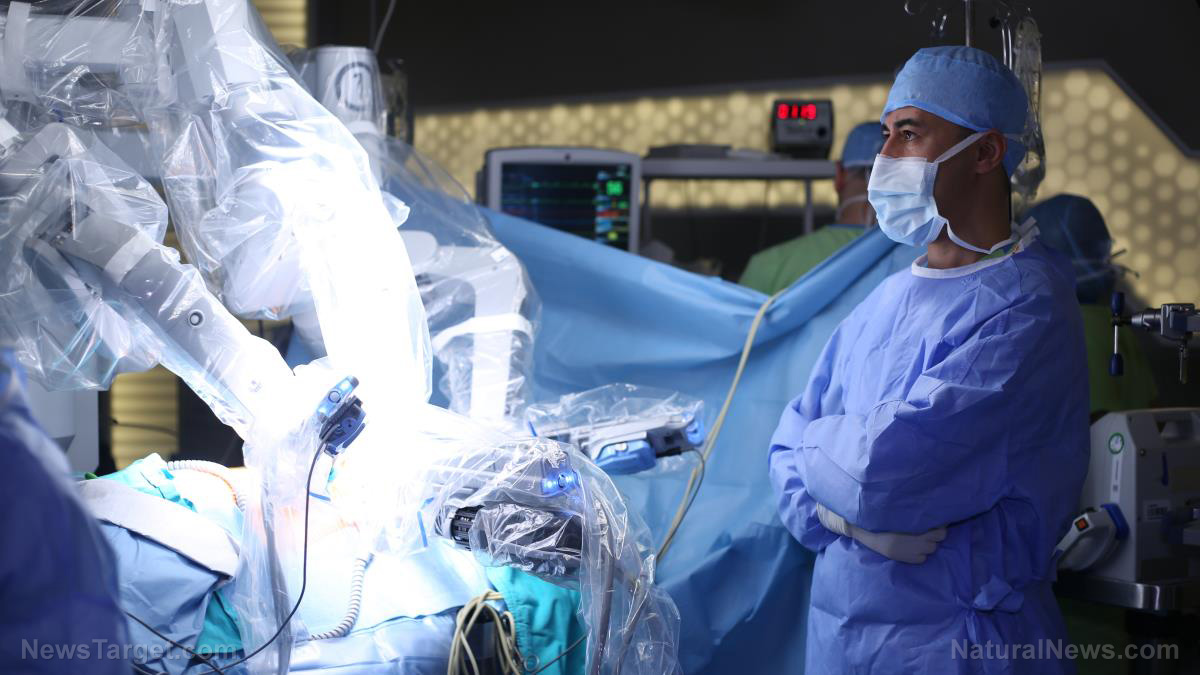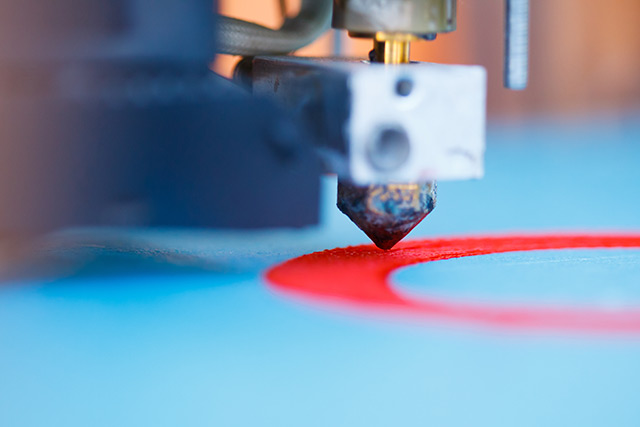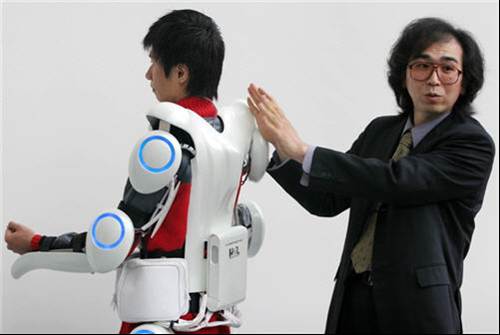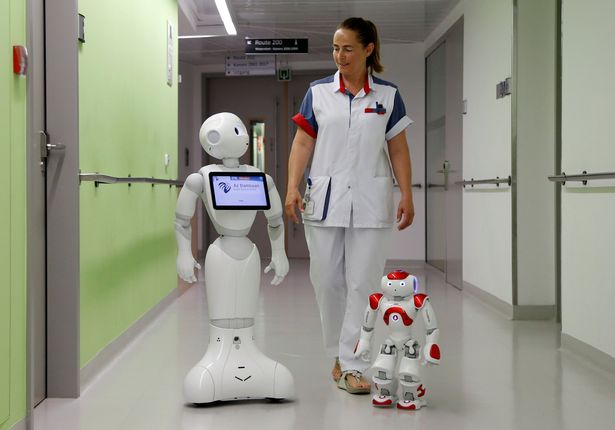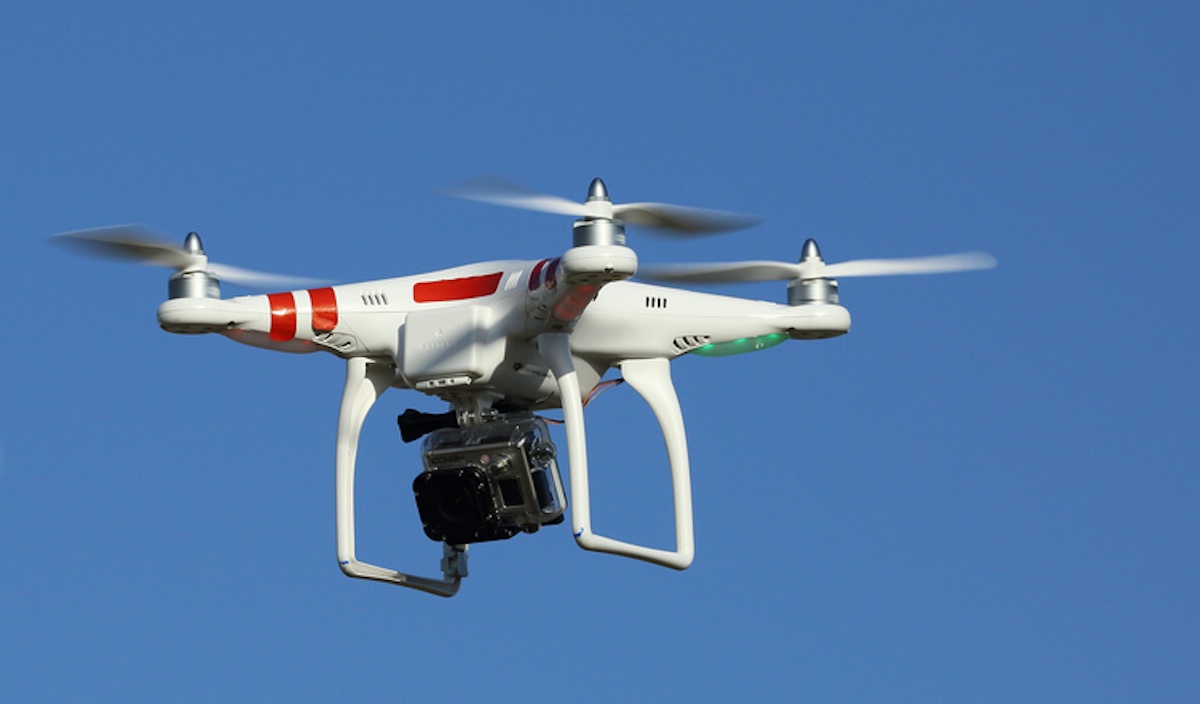Coming soon: Robot-piloted international cargo ships
11/26/2018 / By Tim Wesley
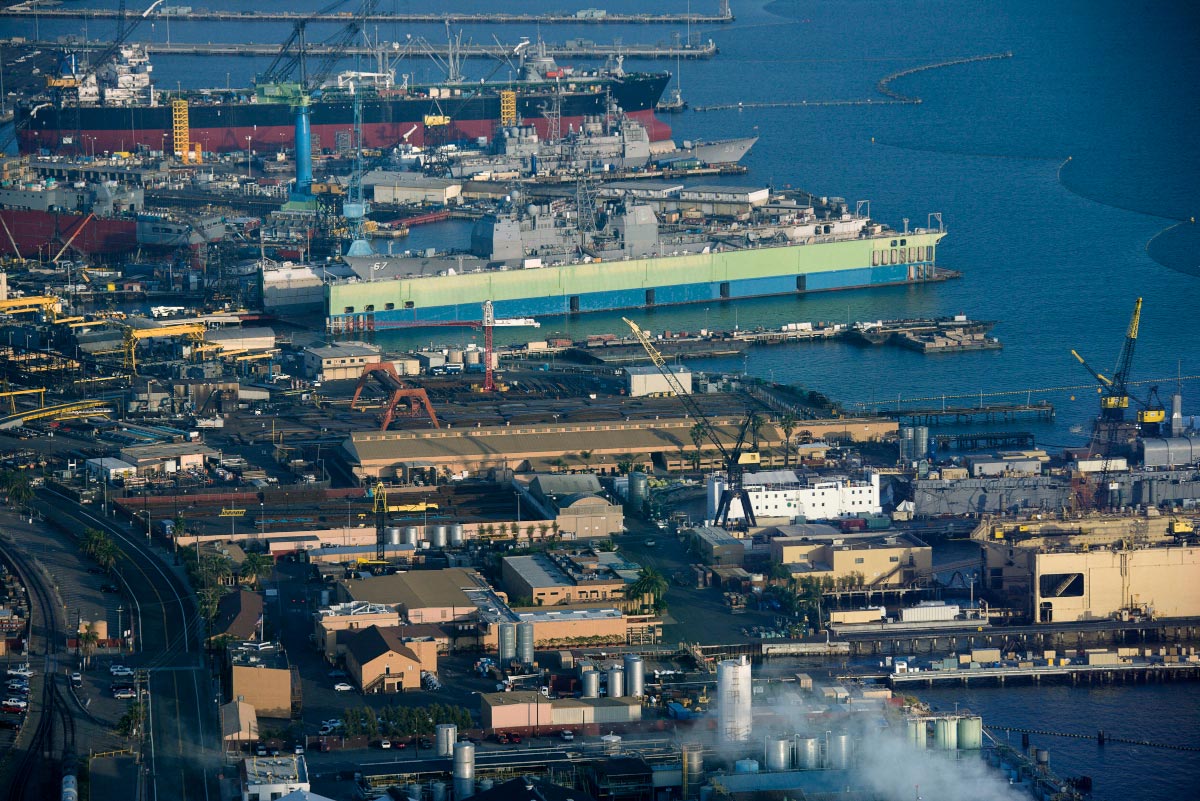
Several Japanese shipping firms have revealed plans to put out self-driving cargo ships by 2025. These smart ships would use artificial intelligence to make their way around the world and rely on the internet of things (IOT) to acquire data they need to make smart decisions while in transit. This kind of technology would allow ships to plot the safest, shortest, and most affordable route. Most importantly, the companies behind this ambitious plan think this should cut the risk of accidents at sea by half.
Data from a report in Nikkei Asian Review showed that approximately 2,000 maritime accidents happen per year. According to the annual overview of maritime casualties and incidences by the European Maritime Safety Agency (EMSA), the total number of reported maritime casualties in 2014 was 9,180. Marine casualty can include the death and loss of a person, loss or abandonment of a ship, material damage to the ship, stranding or disabling of the shop or its involvement in a collision.
The companies involved in this massive undertaking are shipping firms Mitsui OSK Lines and Nippon Yusen. They were reported to be sharing the costs of finishing the project. The technology is said to include elements of the IOT. This should allow the cargo ships to connect to different devices to gather important data, like the weather and other shipping conditions.
The system will utilize artificial intelligence to take information, like weather forecasts, analyze it, and then compare these with other pertinent information to make adjustments to the the ship’s direction. One useful feature would be the ability to monitor maintenance, so the navigators can accurately predict malfunctions before they happen.
If done right, Japan may reclaim a huge share of the cargo shipping industry. By spearheading the technology, the country will grow its current share of the market by 20 percent.
“The technologies needed to make remote and autonomous ships really exist,” said Rolls Royce Vice President of Marine Innovation, Oskar Levander. By the end of the decade, you should be able to see a human-less cargo ships, according to him.
The idea isn’t novel. Last year, Rolls Royce disclosed plans for several fleets of drone ships that operate around the world. It would have a central ‘holodeck’ that controls everything. There would be 360-degree cameras to provide operators at the virtual bridge with complete views from the drone ship. The said windows would provide an augmented reality display of the vessel’s surroundings. This should let operators visualize potential threats and hazards that would otherwise be unseen to the human eye.
Access to that kind of information would be extremely helpful for vessel operators because it would result to safer passage for cargo ships.
With the technology available to shipping companies, it’s no longer a question of whether or not it’s possible to create self-navigating vessels but when. While this looks impressive and makes navigating the seas more efficient and safe, there’s one important question to ask: what impact will this have on human crews now that artificial intelligence is going to take over their jobs?
Sources include:
Tagged Under: breakthrough, Driverless, future tech, innovation, robotics, science and technology, sea navigation, self-driving ships, self-navigating vessels



